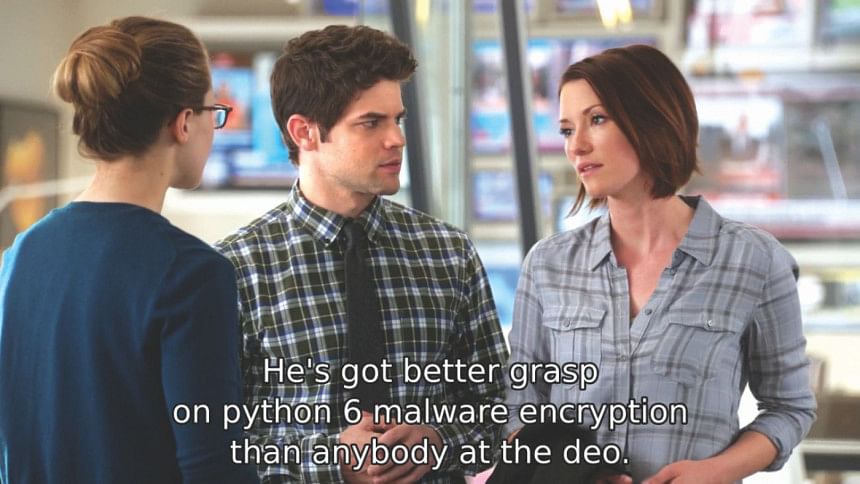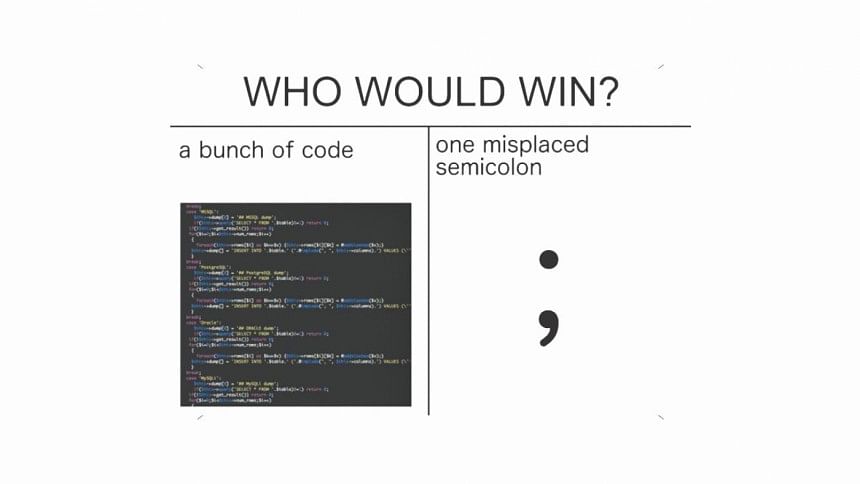Do's and Don'ts of a CSE Student

Computer Science and Engineering can be a challenging major to deal with. The topics discussed and the lessons imparted here are mostly difficult. By knowing what to do and what not to, one can handle this subject with a bit more ease. The difficulties may not level down, but one can at least overcome them completely or by a long way.
The Do's:
Be punctual when it comes to lab assignments: Lab work is an integral part of any CS student's academics. It's not just for the marks, working on your lab assignments is a must if you intend to understand the practicality of whatever is being taught in your theoretical classes. Theory lectures will mostly have you learn the basics of programming and algorithms, whereas the lab work will have you implement your knowledge based on problem solving.
Solve problems and attend programming contests: It's sort of like maths; the more you practise, the better you become at it. Coding will take a lot of patience and perseverance. But more than that, it will take a lot of practice. The best way to get this practice is to solve more and more coding problems. Don't just stick to the ones you're taught in class. Rather work out some on your own. If possible, solve online problems on websites such as URI, UVA and Codeforces. Besides, if you can, try to participate in programming contests. Aim at learning instead of winning and you'll be highly benefitted from these contests.
Seek help but not codes: Instead of plagiarising someone else's code, why not ask them to help you out instead? This will be way better for you in the long run. Seek help from your peers and faculty members instead of just copy pasting someone else's work. If needed, you can search the internet, look for viable solutions and then work out how and why they would work for your problem.
Make mistakes: Quite an easy task this one right? Well, not really. Make all the mistakes you want but at the same time, you need to rectify them as well. Making mistakes is easy, learning from them is the difficult part. If your code has error messages and yellow markings all over it, that's fine. Don't just give up on it and ask your friends for the solution. Instead, look it up on the internet or your books. You'll definitely find an answer. Only then you can be benefitted from your mistakes.

The Don'ts:
Plagiarism: As a CS/E student, there will be times when you'll find yourself stuck with a coding problem. To get away from this, the easiest solution is to get someone else's code, either from a friend or from the internet. This might get you done with the problem at hand, but what about the ones you'll have to face in the future? Plagiarism is never a long term solution, it can only impact you negatively. Instead, try to solve it by yourself or take help from others. Don't just copy-paste the entire solution without understanding what is actually being done in it.
More than one programming language at a time: Being dedicated and eager to learn is appreciated, but at the same time, showing these emotions for more than one programming language is nothing but foolishness. If you're in the middle or starting phase of learning C++, stick with it till you've mastered it or have it in your grasp to a certain extent. Do not trick your mind into believing that you can master both C++ and Java at the same time. No matter what the language is, learning more than one at a time will drive you insane. At the end, you will realise that you couldn't grasp any of the languages you tried to conquer.
Relying on lectures only: As a CSE student, you'll often have your seniors and lecturers advise you to give emphasis on self-learning. I myself got the same advice from my respected faculty members as to how one should keep in touch with relevant topics that are at times not taught in lectures. University lectures will help you get a hold of the basics and the important topics you need. However, due to time constraints, every single thing from a certain topic cannot be covered in class. Which is why, it is always wise to look around here and there on the internet or in your text books to find relevant topics to study. Relying on lectures alone can only get you a good grade and help build up the basics, but it cannot give you sufficient knowledge.
No Regrets: From a distance, computer science seems to be a very interesting subject. Its wide range of possibilities is what makes it even more demanding. But a common scenario among CS students is the part where many of them ultimately regret taking this subject. This happens for a number of reasons. Failure to cope up with the subject, bad grades, lack of motivation to continue are just some of the many reasons that lead one to regret signing up as a computer science major. This regretting has to be avoided at all costs. The moment you've made up your mind that you're not good enough for this is the moment everything goes down the drain for you. No matter how many times you fail or lose hope, you need to keep on striving until you've completely annihilated the thought of dropping computer science.

 For all latest news, follow The Daily Star's Google News channel.
For all latest news, follow The Daily Star's Google News channel. 



Comments